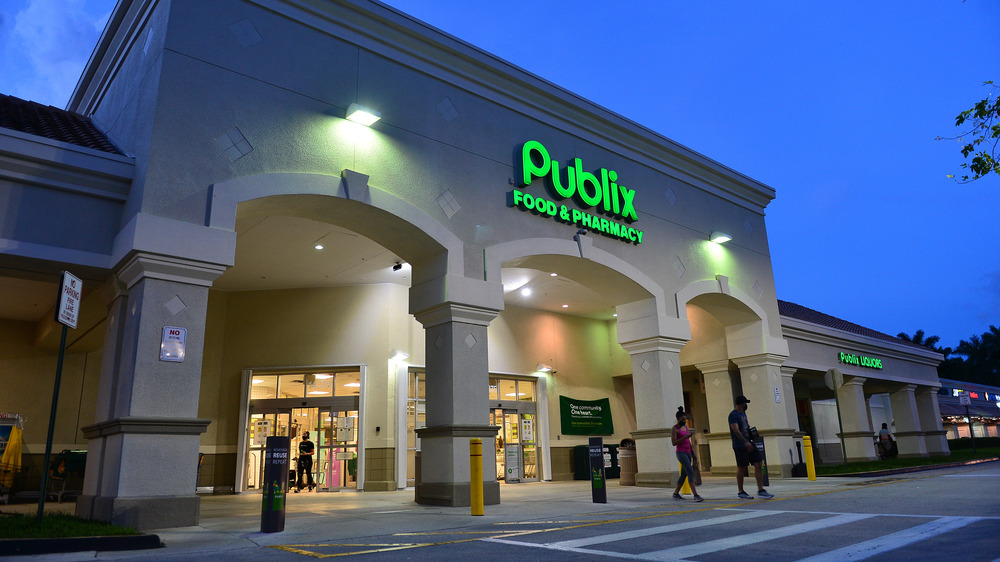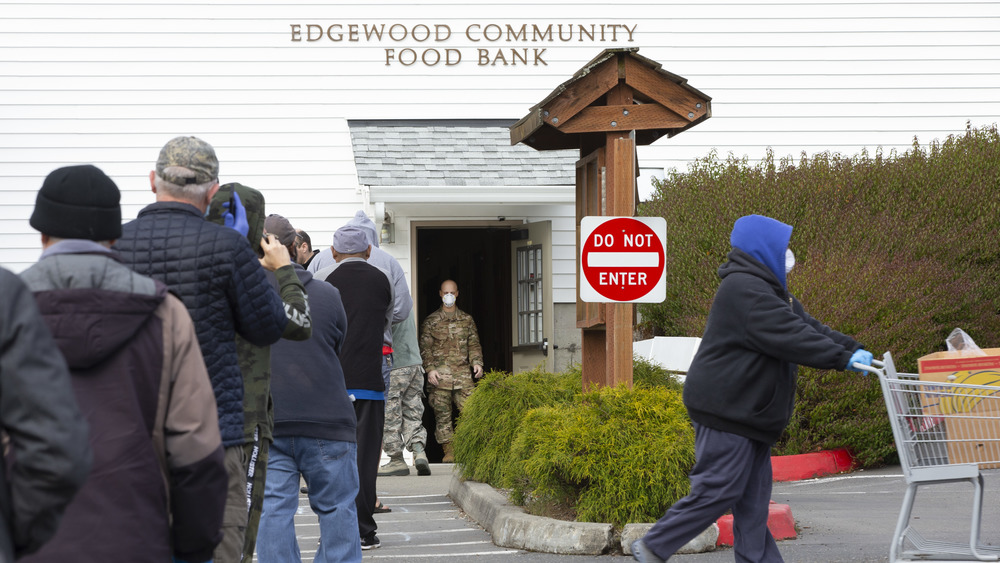Publix Is Planning To Donate 1.3 Million Pounds Of Food
On December 16, the Tampa Bay Times reported that Publix had decided to donate 1.3 million pounds of groceries to six Floridian food banks, which serve 46 counties. In a statement given as an explanation, Publix CEO Todd Jones pointed out that as a food retailer, such shortages played to their strengths: "With 90 years of relationships and expertise, we are able to mobilize quickly — sourcing, purchasing and transporting what these food banks need most — and bring hope and nourishment this holiday season."
This will not be the first time they have donated food to the local food banks. In April, when the first wave of the pandemic swamped the US, they began supplying food and milk.
Around that time, they noticed that the pandemic had left farmers with a surplus of food going to waste. So, Publix began to buy that surplus to then donate it to Feeding America-member food banks. Taking up his CEO mantle, Todd Jones gave a similar explanation to NPR, pointing out that as a retailer, with a business model made to connect farmers with consumers, they occupied a unique place to help out the people struggling, this time on the farmer's side.
Publix is stepping up to aid with shortages and surpluses
The image of farmers stuck with surpluses and food banks with shortages may sound like a dark satire. This, however, is the reality of our food systems under the weight of the COVID-19 pandemic.
On December 7, Eat This, Not That! wrote that between the increased amount of people reliant on food banks this year and the looming end to federal and state programs that funded the food banks, millions of Americans see the threat of possible food insecurity. The sheer amount of people dependent on these programs is highlighted in a study conducted by Northwestern University that showed food insecurity has more than doubled overall since the beginning of the year — and tripled in households with children — due to the COVID-19 health emergency.
On the supplier's side of the issue, Reuters saw dairy farmers dumping milk in April. One farmer dumped 4,700 gallons per day. Due to the closure of schools and restaurants, the products' quickness to perish, and supermarkets' rationing, which meant a slower turnover, they had little choice but to dump. CNN covered how fruit and vegetable farms saw their main customer base, restaurants, disappear overnight, threatening the survival of their business. If enough farms fail, we will see fewer items of produce at ever-higher prices.
In such a landscape, Publix's stepping up represents a lifeline to both sides, filling, as Todd Jones says repeatedly, the unique opportunity to help both the farmers and families hurt by the pandemic's effects.

